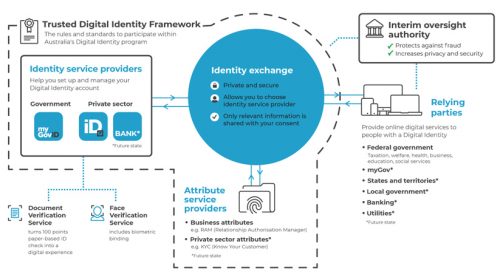From a new editorial in the Chronicle ~
Voter revolt
Woodlands district undermines democracy.
“Still, this sort of scorn is understandable. When someone threatens to distort democracy, everyone is a victim. Yet the overall miniscule impact of fraudulent votes is nothing compared to the perverse power of appointed boards, such as utility districts and tax increment reinvestment zones, to undermine the bedrock value of representative government. There’s an entire political ecosystem of consultants, law firms and politicos that rely on these boards for a public-dollar payout. Don’t expect them to go down without a fight.”
READ THE REST
Voter revolt
Copyright 2015: Houston Chronicle
| July 20, 2015 | houstonchronicle.com |
Voter revolt
Woodlands district undermines democracy.
Voting fraud is a bit like a shark attack. It’s rare, commands undue media attention and inspires fear that far outweighs the actual risk.
But if voting fraud is a shark, then the recent court battle over the Woodlands Road Utility District might as well be a Sharknado. The real story isn’t the shark attack – it is the swirling confluence of bizarre circumstances that has the 64-year-old Jim Jenkins facing up to three years in jail (“Vote fraud case pits rights, residency,” Page B1, July 12).
Five years ago, Jenkins, a Woodlands resident, joined up with several other concerned citizens to lead a voter revolt with the goal of taking over the district’s board and dismantling the state-created body. There was only one problem: None of them actually lived in the district. In fact, the sprawling, multi-million dollar district largely avoided residential areas and therefore only had four voters. One of those voters was Dirk Laukien, a wealthy developer and Woodlands land baron, according to the Houston-based investigative website Texas Watchdog.
Jenkins and his friends tried to sneak in their votes by registering at the address of a Residency Inn within the district. The state brought charges and Jenkins was eventually convicted. However, the 14th Court of Appeals reversed his conviction and now the case is being retried.
No doubt that Jenkins didn’t actually live at the Residency Inn, but it is hard to justify the punishment that he faces. Plenty of politicians have avoided conviction after listing their residence as some office or apartment rather than their actual family home. Jenkins just happens to be reaping what Texas politicians have sown after years of fear-mongering about voting fraud.
Still, this sort of scorn is understandable. When someone threatens to distort democracy, everyone is a victim. Yet the overall miniscule impact of fraudulent votes is nothing compared to the perverse power of appointed boards, such as utility districts and tax increment reinvestment zones, to undermine the bedrock value of representative government. There’s an entire political ecosystem of consultants, law firms and politicos that rely on these boards for a public-dollar payout. Don’t expect them to go down without a fight.
Until voters besides Jenkins start to speak up, we’ll be stuck with a system where the powerful and politically connected can create fiefdoms that sit beyond the reach of even the most dedicated citizens.
Jenkins’ big mistake was that he thought voting was the best way to change politics. In today’s world, he should have tried hiring an Austin lobbyist. Now those are some real sharks.









the structure of the road district is a total distortion of government no voting allowed,millions of dollars collected and spent without consent or knowledge of the citizens of Montgomery county.Sounds like welfare for the developer at the expense of everyone else.